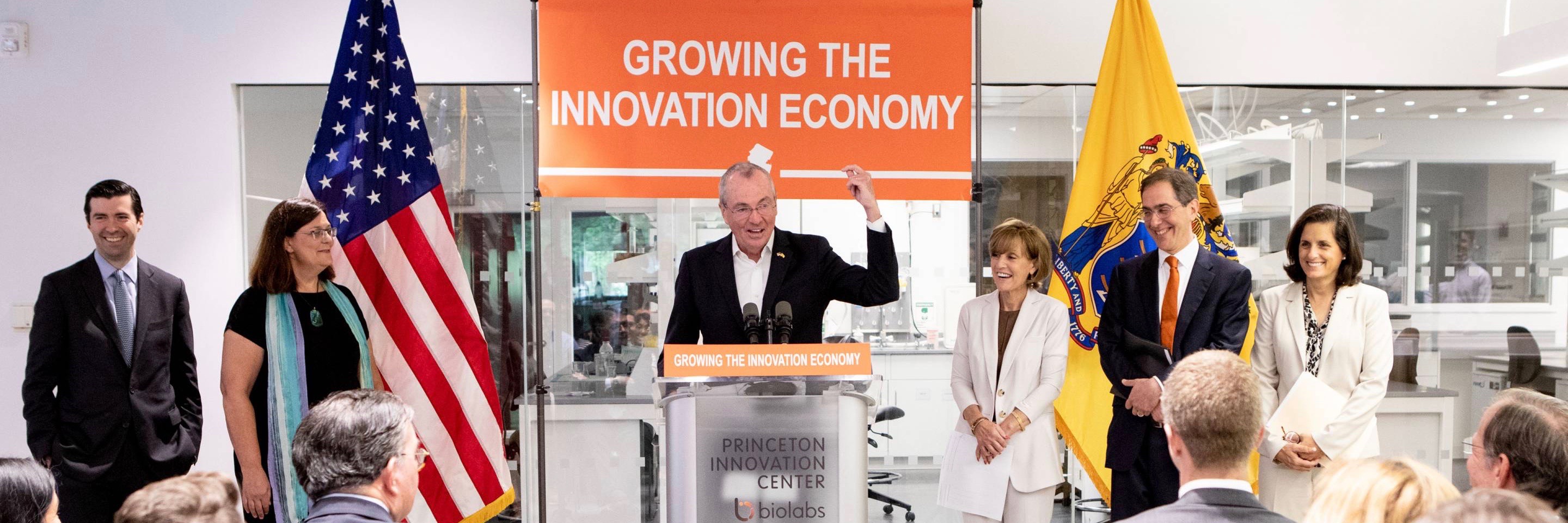 Addressing officials and guests at Princeton Innovation Center BioLabs, New Jersey Governor Phil Murphy announced two initiatives to jump-start the state’s innovation ecosystem.
Addressing officials and guests at Princeton Innovation Center BioLabs, New Jersey Governor Phil Murphy announced two initiatives to jump-start the state’s innovation ecosystem.
Learn more about the initiatives.

 Addressing officials and guests at Princeton Innovation Center BioLabs, New Jersey Governor Phil Murphy announced two initiatives to jump-start the state’s innovation ecosystem.
Addressing officials and guests at Princeton Innovation Center BioLabs, New Jersey Governor Phil Murphy announced two initiatives to jump-start the state’s innovation ecosystem.
Learn more about the initiatives.
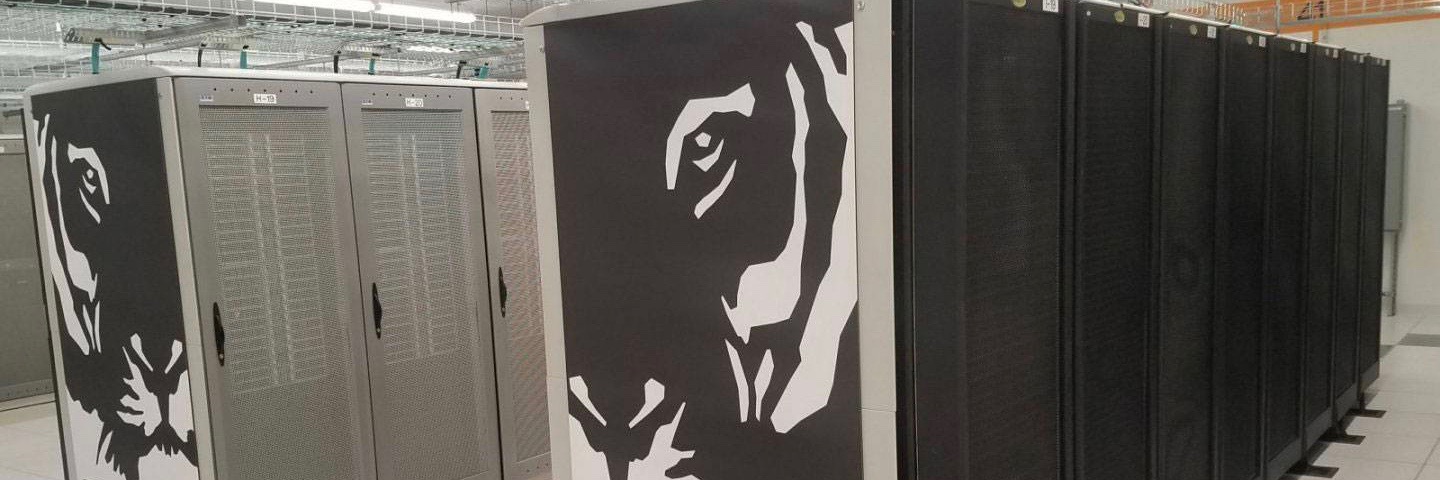 Replacing a cluster installed in 2012, Princeton’s new flagship computer, TIGER, arrived quietly on campus in March and was put through months of routine testing and debugging before being officially unveiled in late May.
Replacing a cluster installed in 2012, Princeton’s new flagship computer, TIGER, arrived quietly on campus in March and was put through months of routine testing and debugging before being officially unveiled in late May.
Read more about the supercomputer.
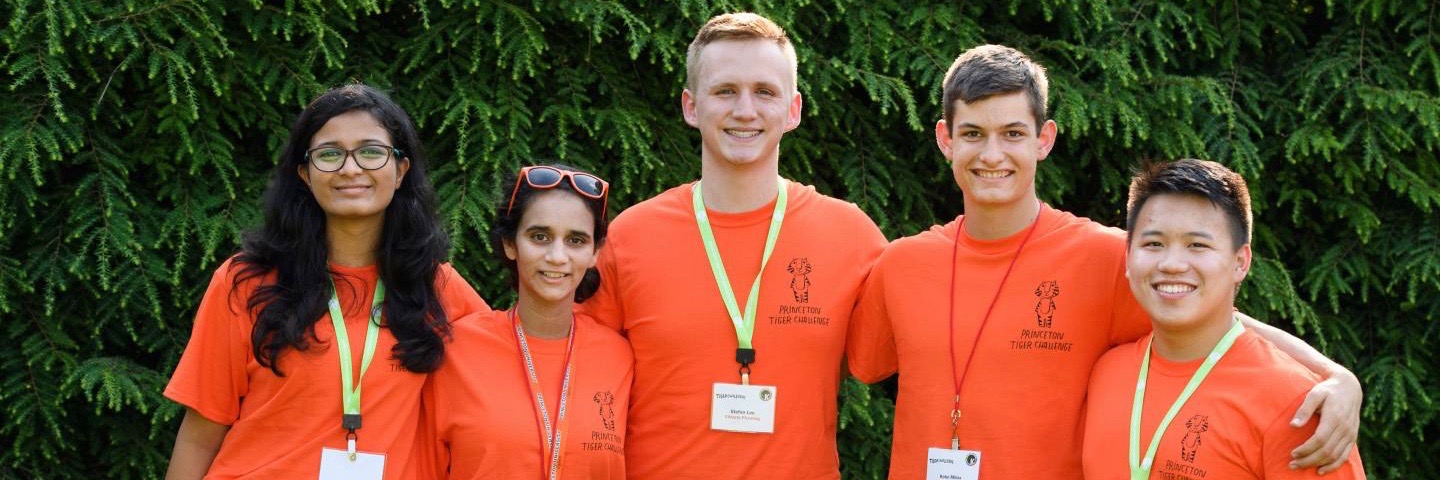 The Tiger Challenge is a program in the Keller Center designed to help Princeton students tackle complex, real-world problems. This summer, the students learned about climate planning in Princeton through research and conversations with residents, municipal officials, sustainability experts and Tiger Challenge advisers.
The Tiger Challenge is a program in the Keller Center designed to help Princeton students tackle complex, real-world problems. This summer, the students learned about climate planning in Princeton through research and conversations with residents, municipal officials, sustainability experts and Tiger Challenge advisers.
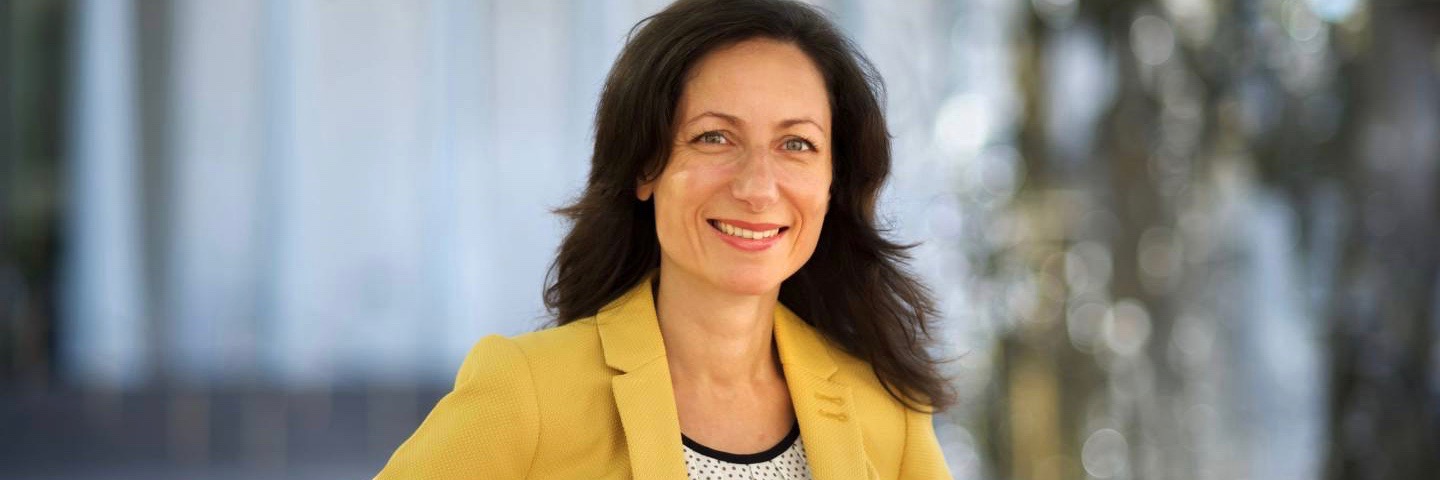 Rafaela Dancygier explores this challenge in her new book, “Dilemmas of Inclusion: Muslims in European Politics,” published in September by Princeton University Press. Dancygier is an associate professor of politics and international affairs at Princeton University’s Woodrow Wilson School of Public and International Affairs. In this Q&A, Dancygier explains the motivation behind her book and some of the key takeaways.
Rafaela Dancygier explores this challenge in her new book, “Dilemmas of Inclusion: Muslims in European Politics,” published in September by Princeton University Press. Dancygier is an associate professor of politics and international affairs at Princeton University’s Woodrow Wilson School of Public and International Affairs. In this Q&A, Dancygier explains the motivation behind her book and some of the key takeaways.
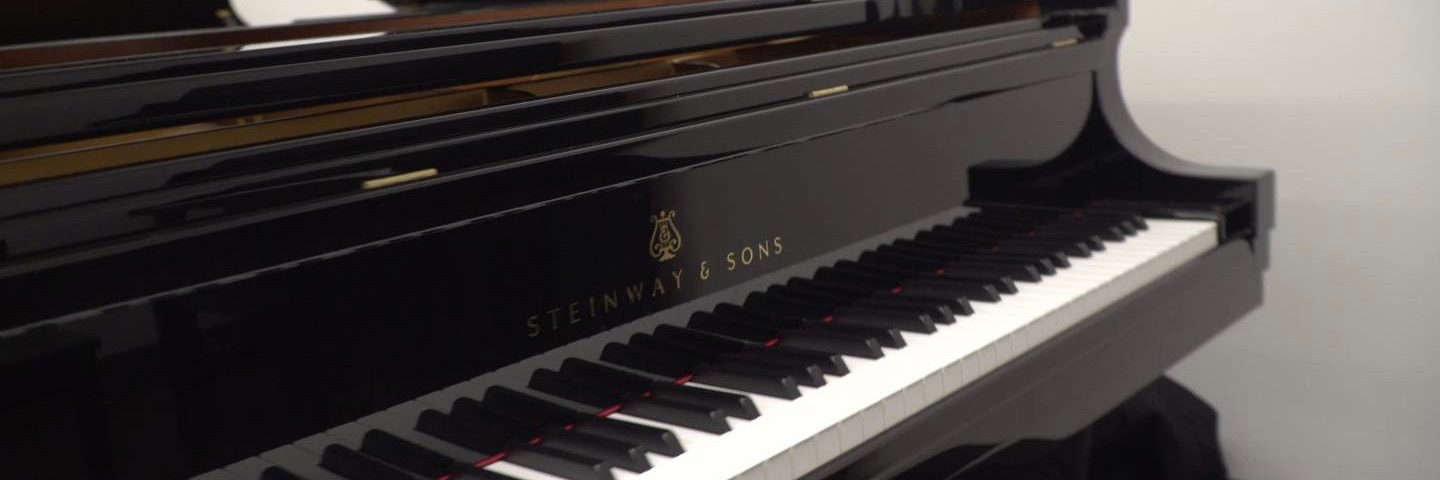 In June, Princeton graduate student Andrew Or and Nico Toy of the Class of 2018 traveled to the Steinway & Sons factory in Queens, New York, with music lecturers Margaret Kampmeier and Jennifer Tao to select the last of 48 new pianos that have been purchased for the University’s new Lewis Arts complex.
In June, Princeton graduate student Andrew Or and Nico Toy of the Class of 2018 traveled to the Steinway & Sons factory in Queens, New York, with music lecturers Margaret Kampmeier and Jennifer Tao to select the last of 48 new pianos that have been purchased for the University’s new Lewis Arts complex.
 Kip Thorne, a Princeton Graduate School alumnus, is one of three recipients of the 2017 Nobel Prize in Physics. Thorne joins Rainer Weiss and Barry Barish in winning the prize “for decisive contributions to the LIGO detector and the observation of gravitational waves.”
Kip Thorne, a Princeton Graduate School alumnus, is one of three recipients of the 2017 Nobel Prize in Physics. Thorne joins Rainer Weiss and Barry Barish in winning the prize “for decisive contributions to the LIGO detector and the observation of gravitational waves.”
 Two new studies of green algae — the scourge of swimming pool owners and freshwater ponds — have revealed new insights into how these organisms siphon carbon dioxide from the air for use in photosynthesis, a key factor in their ability to grow so quickly. Understanding this process may someday help researchers improve the growth rate of crops such as wheat and rice.
Two new studies of green algae — the scourge of swimming pool owners and freshwater ponds — have revealed new insights into how these organisms siphon carbon dioxide from the air for use in photosynthesis, a key factor in their ability to grow so quickly. Understanding this process may someday help researchers improve the growth rate of crops such as wheat and rice.
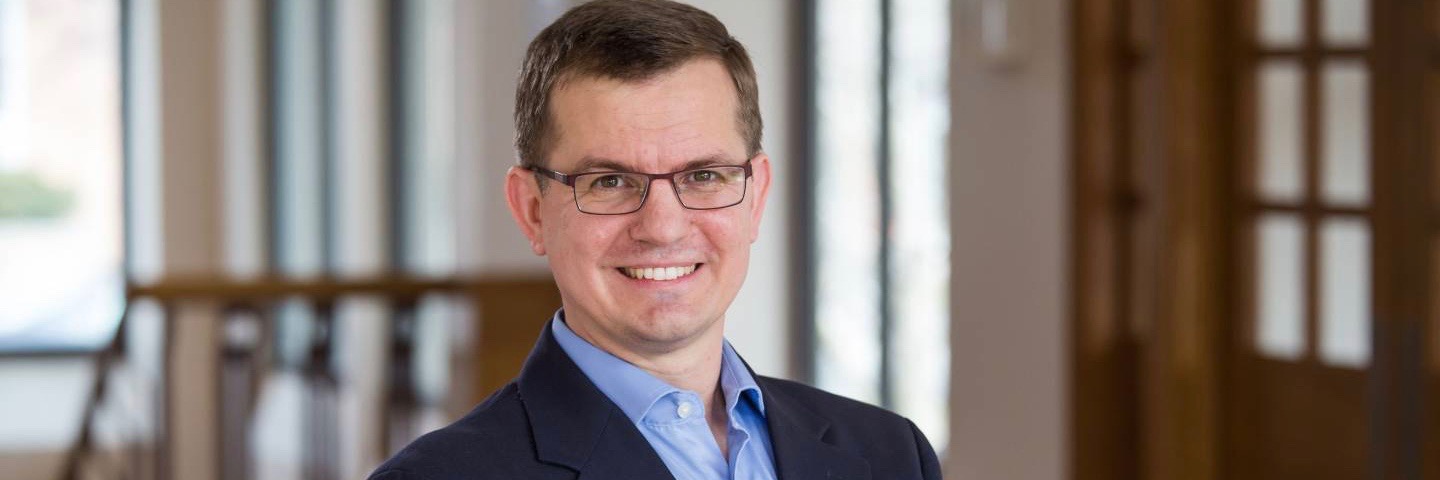 A new study that sifted through an enormous mass of biomolecular data has significantly advanced our understanding of the genetics of pancreatic cancer and opened up promising treatment avenues.
A new study that sifted through an enormous mass of biomolecular data has significantly advanced our understanding of the genetics of pancreatic cancer and opened up promising treatment avenues.
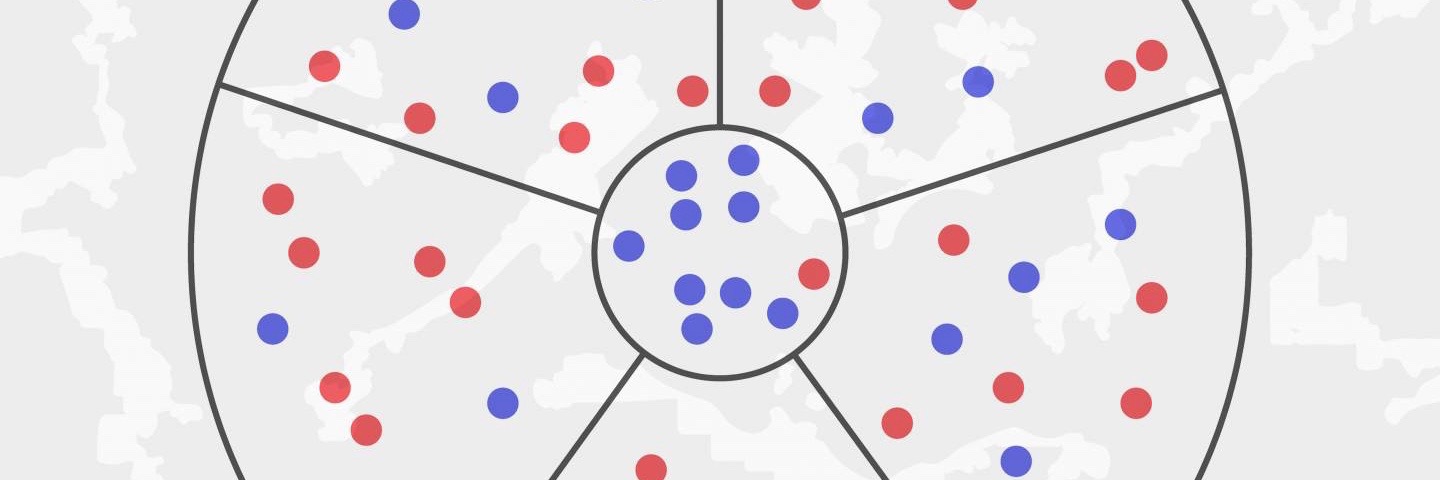 On Oct. 3, the U.S. Supreme Court will hear arguments in Gill v. Whitford, a case challenging Wisconsin’s 2011 redistricting plan as being the product of partisan gerrymandering. Princeton’s Sam Wang has a suggestion for the justices — and for citizens who want to make their voices heard.
On Oct. 3, the U.S. Supreme Court will hear arguments in Gill v. Whitford, a case challenging Wisconsin’s 2011 redistricting plan as being the product of partisan gerrymandering. Princeton’s Sam Wang has a suggestion for the justices — and for citizens who want to make their voices heard.
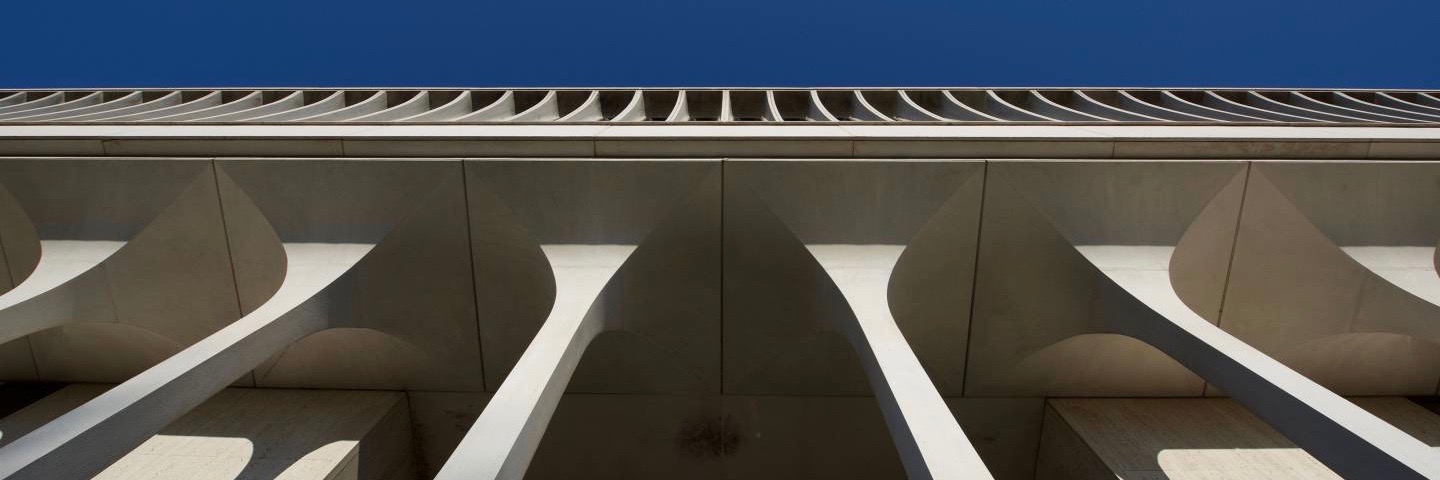 Princeton professors Edward Felten and Alan Krueger will serve on a new task force aimed at transforming America’s labor market to a 21st-century, skills-driven model.
Princeton professors Edward Felten and Alan Krueger will serve on a new task force aimed at transforming America’s labor market to a 21st-century, skills-driven model.
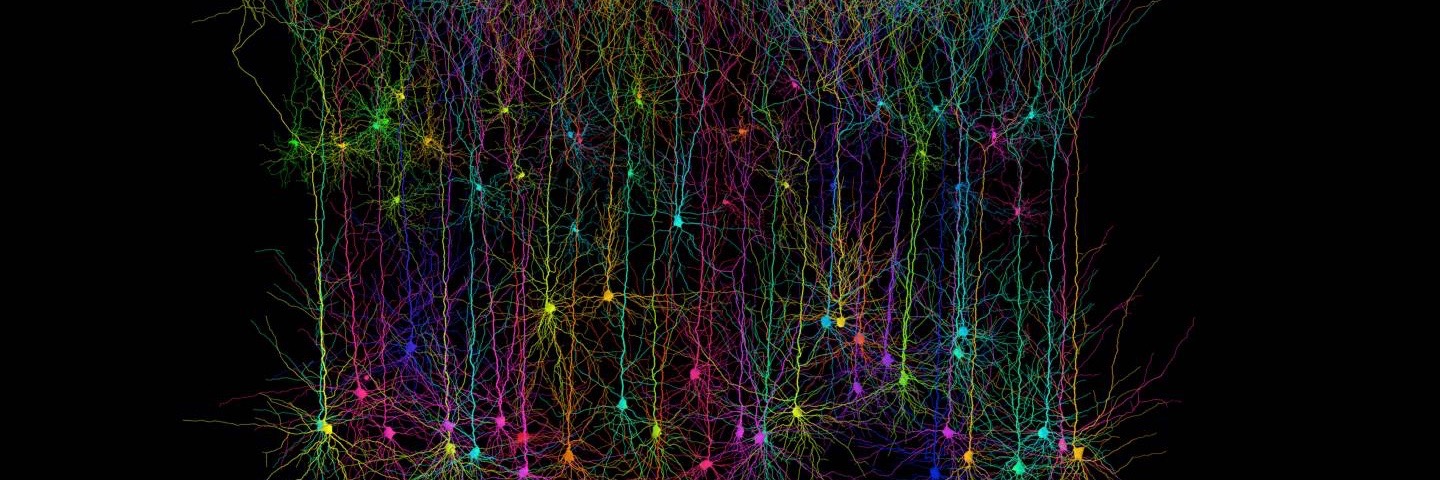 Princeton Neuroscience Institute researchers are joining with scientists from 19 other laboratories around the world to create the $15 million International Brain Laboratory (IBL).
Princeton Neuroscience Institute researchers are joining with scientists from 19 other laboratories around the world to create the $15 million International Brain Laboratory (IBL).
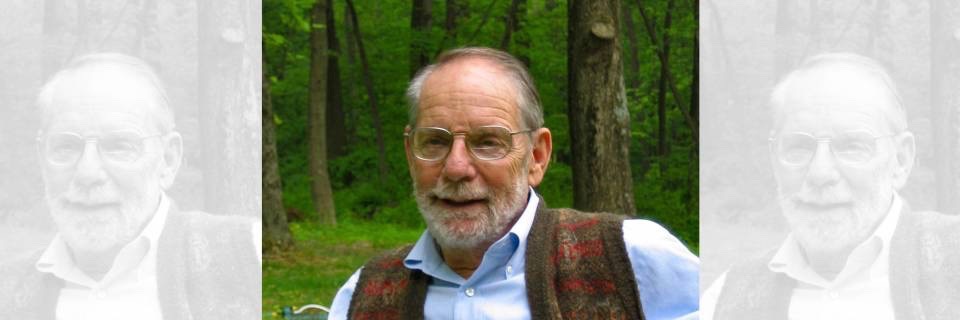 From his office in the fifth floor tower of Guyot Hall, home of the Department of Geosciences, John McPhee can look down through two vertical windows and see the office in McCosh Health Center where his father served as a medical doctor for Princeton University Athletics from 1928 until the late 1960s. McPhee, a Ferris Professor of Journalism in Residence, was born and raised in Princeton and attended elementary school at 185 Nassau St., now the home of Princeton’s Program in Visual Arts. A 1953 alumnus, he has taught writing at Princeton since 1975: his course, “Creative Nonfiction” (originally called “Literature of Fact”), offered each spring, is open to Princeton sophomores, by application, and limited to 16 students. To date, nearly 450 students have taken the course.
From his office in the fifth floor tower of Guyot Hall, home of the Department of Geosciences, John McPhee can look down through two vertical windows and see the office in McCosh Health Center where his father served as a medical doctor for Princeton University Athletics from 1928 until the late 1960s. McPhee, a Ferris Professor of Journalism in Residence, was born and raised in Princeton and attended elementary school at 185 Nassau St., now the home of Princeton’s Program in Visual Arts. A 1953 alumnus, he has taught writing at Princeton since 1975: his course, “Creative Nonfiction” (originally called “Literature of Fact”), offered each spring, is open to Princeton sophomores, by application, and limited to 16 students. To date, nearly 450 students have taken the course.
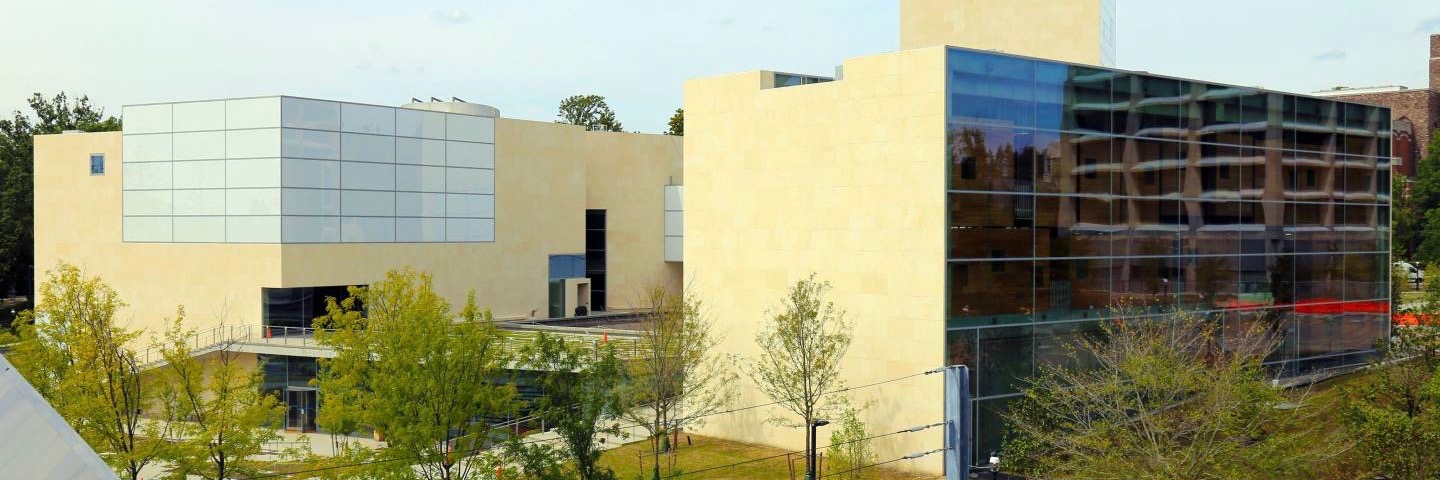
Princeton University’s Lewis Center for the Arts and Department of Music will celebrate the opening of the new Lewis Arts complex with a Festival of the Arts Oct. 5 through 8, open to the public.